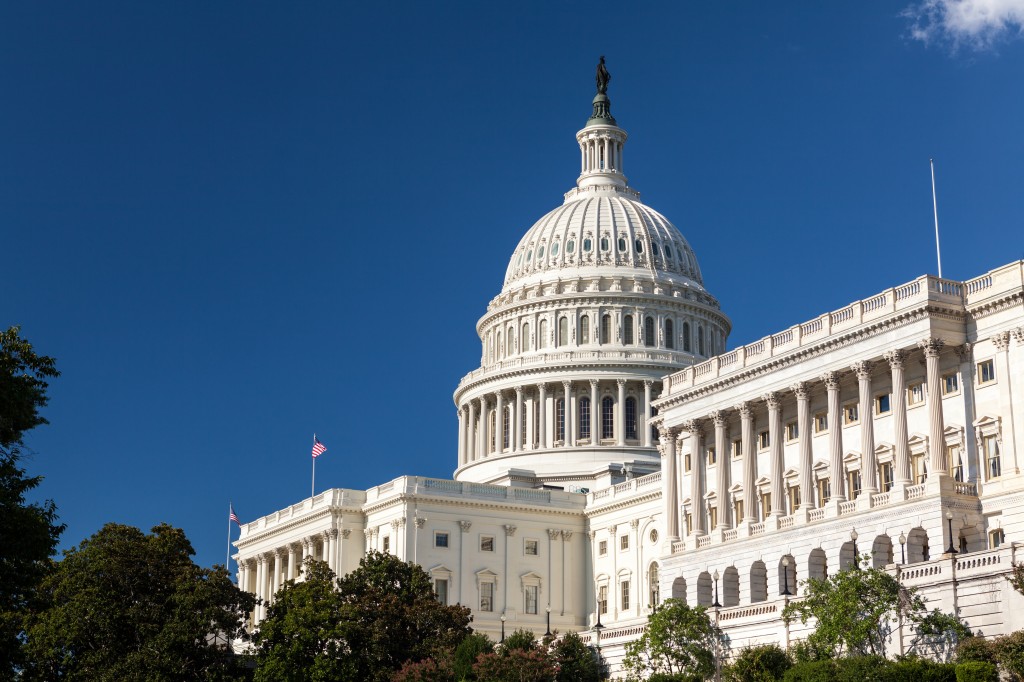
Fights in Congress About Budgets, LGBT rights, and Religious Freedom
Stanley Carlson-Thies, June 27, 2016
Close watchers of Congress have witnessed a series of bitter fights in the House, spilling over into the Senate, about the intersection of gay rights and religious freedom—as part of congressional deliberations about spending plans. Much of the commentary portrays all of this as a huge flare-up of the culture wars. In fact, the underlying dispute is about continued participation by religious organizations in federal programs that fund, by contract, academic research, services to federal inmates, worship and youth religious programs on military bases, or that fund by grants a huge range of social services that many individuals, families, and communities count on.
All of this was explored and explained in a Congressional briefing organized by IRFA on June 17, 2016, entitled “Making Your Way Through the Maze: Religious Freedom, Executive Orders, Russell, Maloney, and Bryne.” “Russell, Maloney, and Bryne” refer to three amendments that have been offered during the House appropriations process. “Executive Orders” refers to a line of presidential directives setting employment nondiscrimination requirements for federal contractors and subcontractors. President Obama in 2014 added sexual orientation and gender identity as two new protected categories. In 2002 President Bush had added a religious hiring exemption for religious contractors, and President Obama has left untouched this exemption, which allows religious employers who consider religion when hiring staff to participate in federal contracting.
But under these various rules can a religious employer who is a contractor or subcontractor require employees to follow the conduct standards, and not only the religious beliefs, of the employer, even when some might regard those standards to be discriminatory? Won’t the same uncertainty arise if Congress adds the same new protected employment classes to the rules for federal grants? And beyond the uncertainty: if a requirement of morally conservative conduct is deemed a violation of a ban on sexual orientation and gender identity, then many religious organizations that have been valued partners in federal programs will be barred from federal contracts and grants.
The briefing, which featured religious freedom lawyers and advocates who work closely with a range of religious service organizations, made one major and vital point: the Russell amendment, which sparked the dueling amendments and the wild charges of an attempt to roll back newly won job protections for people who identify as LGBT, is not anti-gay but rather pro-clarity, and legal certainty, and balance between LGBT and religious rights. It does not undermine President Obama’s executive order but rather simply directs regulators and lawmakers and courts to ensure that the rules attached to federal spending indeed protect the ability of religious organizations to hire by faith. Expanded gay rights should not be used to make religious hiring a mere formality that no longer enables religious organizations to ensure that their employees are fully committed to their mission and identity. However, that secured right in no way undermines the new protections in the many non-religious, non-exempt employers that receive federal funding.
